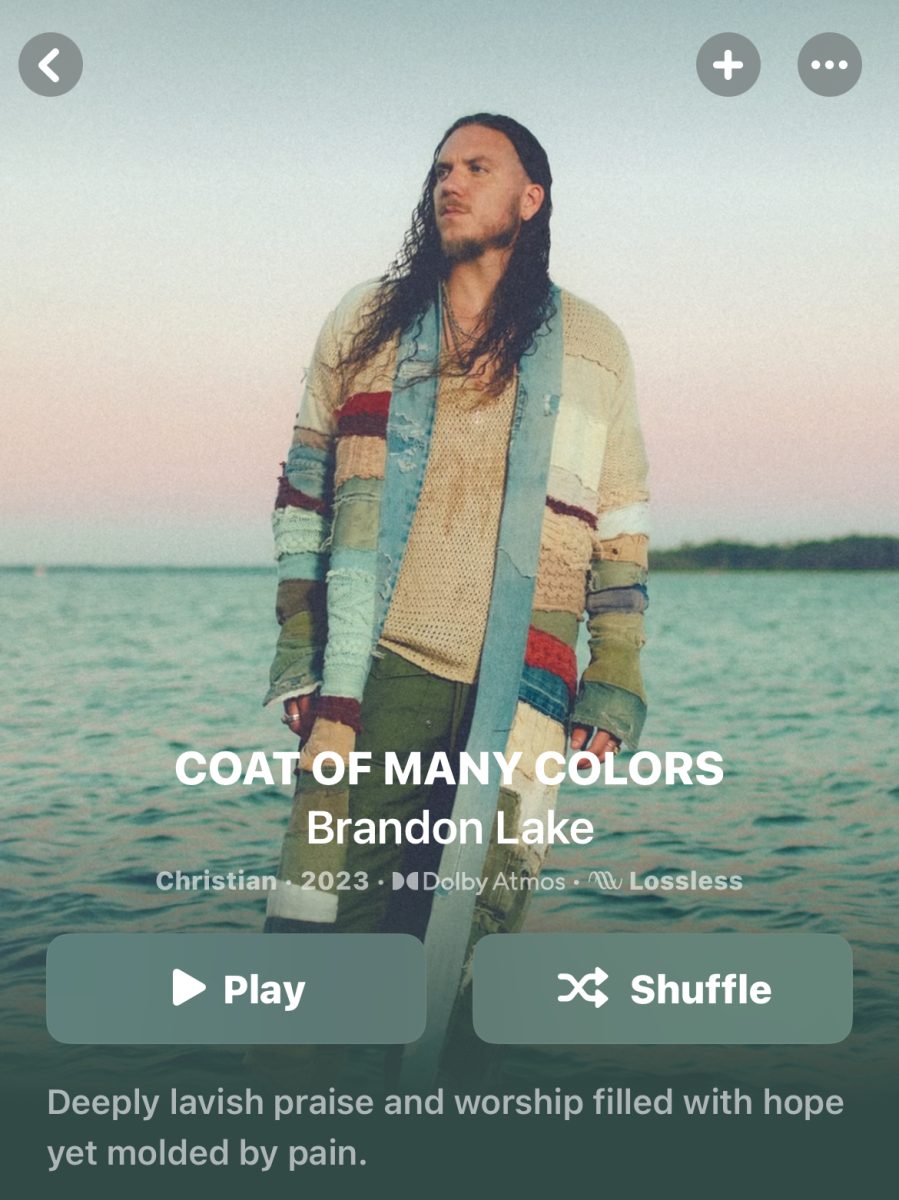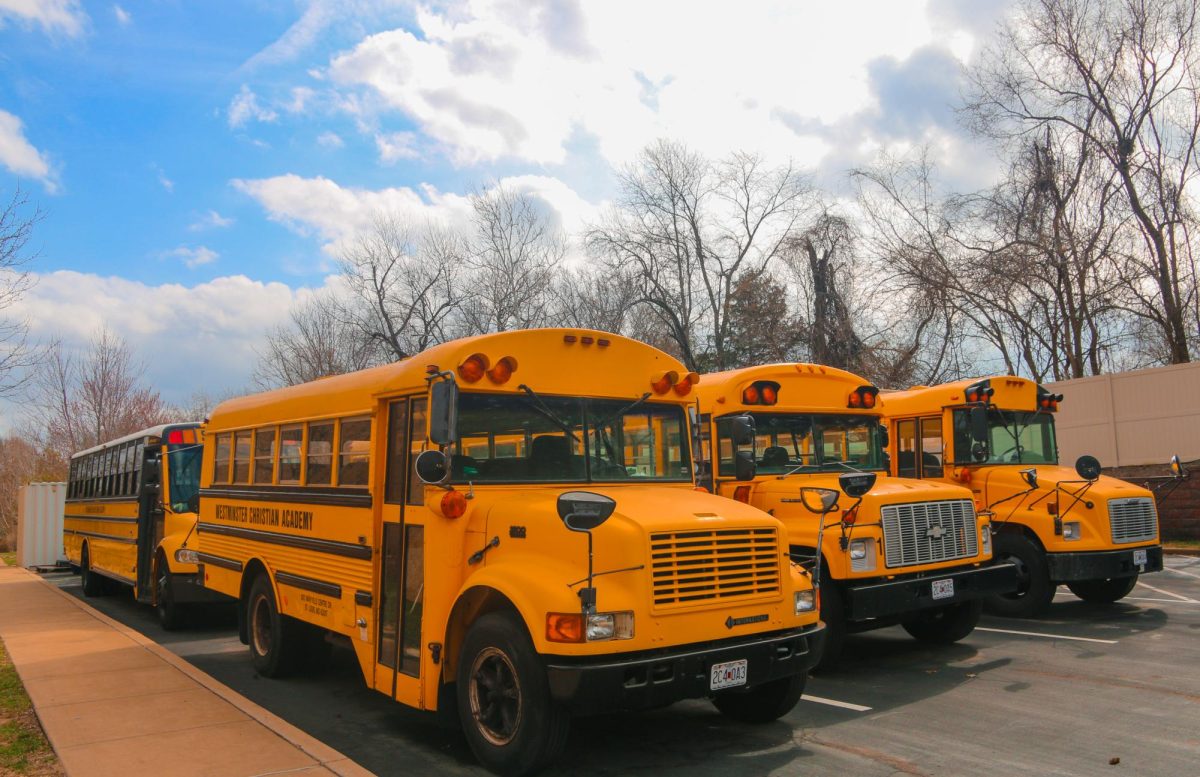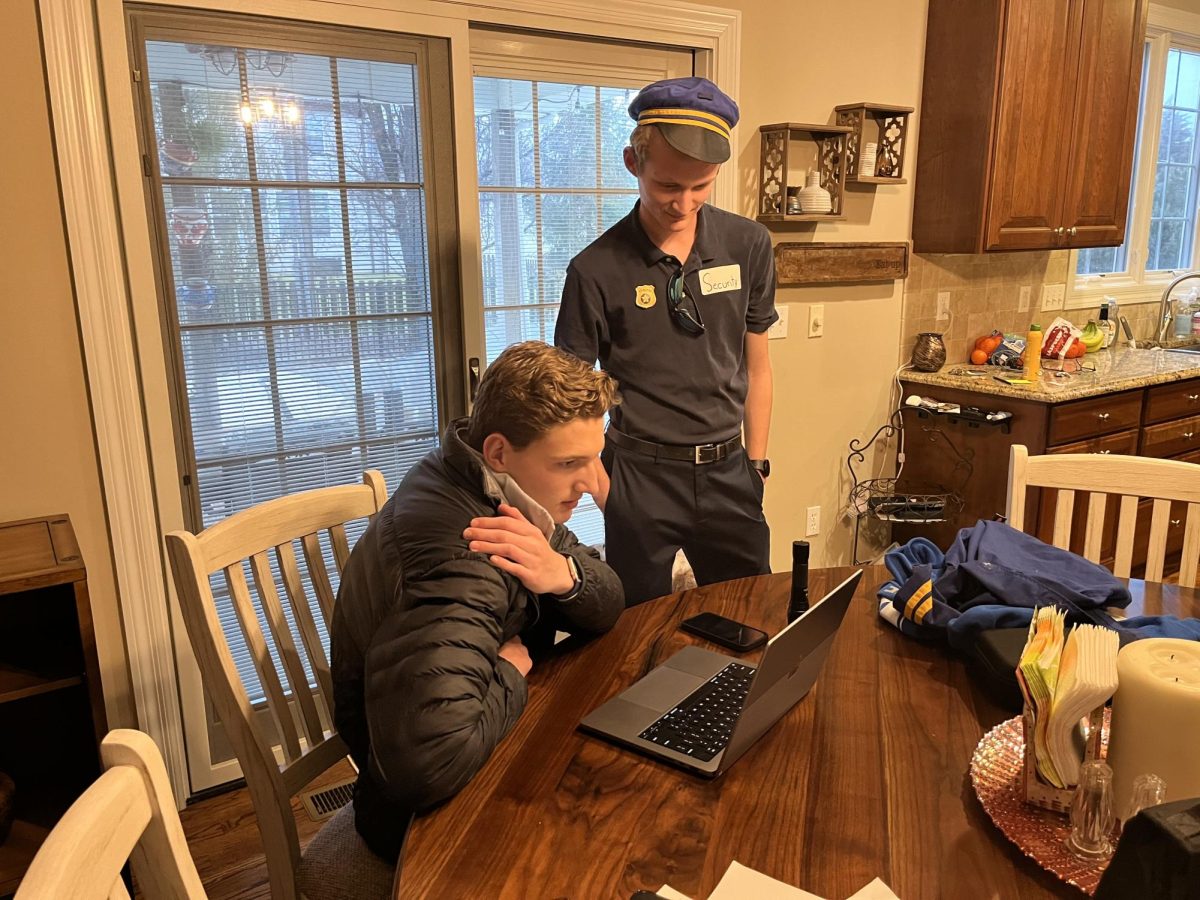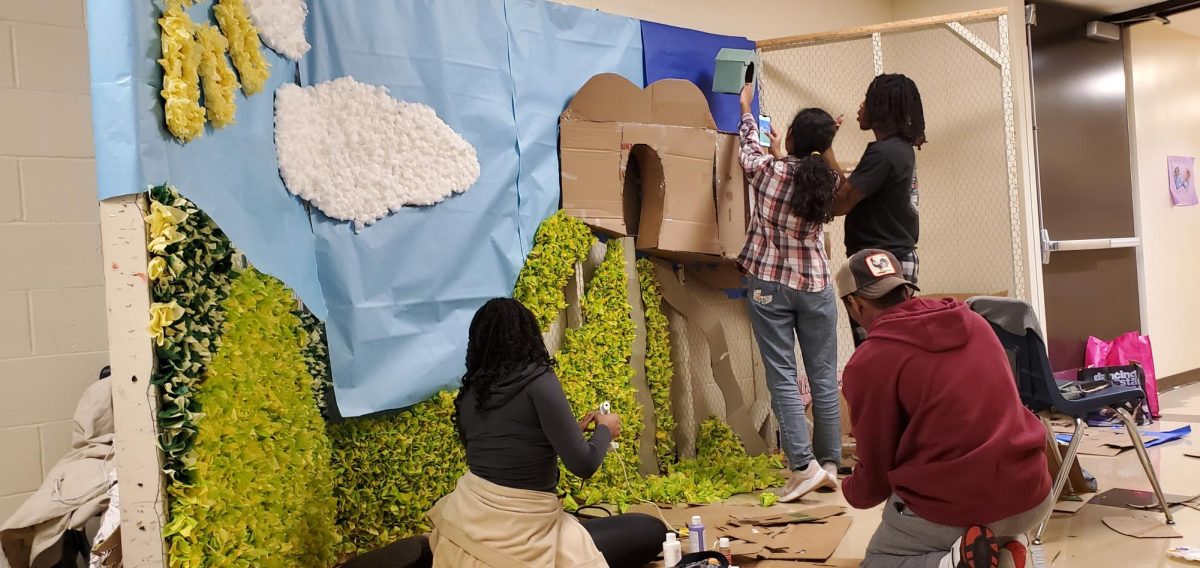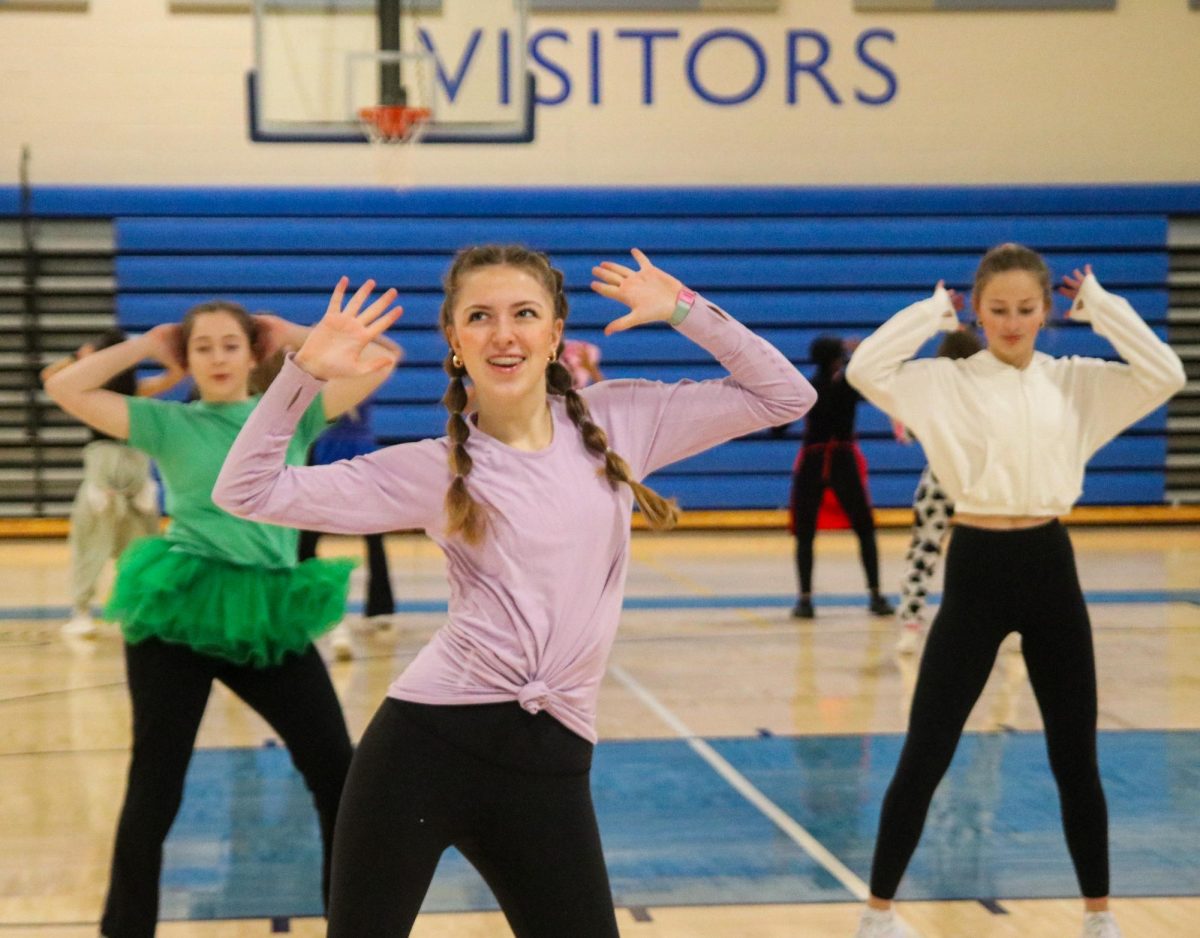They call it “puppy love”—that excited, rush of adrenaline a young girl might get the first time her crush flashes a smile her way, or the pride that swells in a teenage boy’s chest the moment he is able to call the object of his affection his girlfriend. It all seems so innocent and brilliantly hopeful and right. The couple is infatuated, and can’t get enough of one another. There are daydreams of a bright future with one another; nights spent talking to until the sun comes up on the phone, hands being held as they walk through the hallway and stolen kisses when he drops her off at home after a date.
That’s what high school romance is all about—or so it seems on television and in the movies, but is this the whole story? Maybe not, says Patty Wetterling, a sexual violence prevention director for Minnesota’s Health Department.
“Physical abuse occurs…but it’s emotional and verbal abuse that they see most often in teen relationships,” said Wetterling
In teen relationships, where both participants are still maturing and in most cases naïve to the problems dating might present, it is easy for young people to be swept up into situations that they are not ready to deal with. Infatuation can quickly turn into obsession and the definition of what “love” is may be askew.
When teens enter into their first “serious” relationships, they typically do not know their limits and do not set boundaries. They are often times blinded by fleeting emotions and an intense, new attraction that they could never imagine this new person could hurt them. With this sort of mentality, they leave everything they have to offer up for grabs whether that be their time, their feelings, their bodies, their hearts, or their self-esteem. This is dangerous because if these precious attributes are not placed in the hands of someone who respects and cares for them, they are likely to be abused.
It is often a slow transition into any type of abuse. The signs of a possibly abusive relationship are not evident when a relationship first starts. They grow so accustomed to hearing words of praises from their significant others and receiving warm hugs, they start to feel safe and begin feeding off of their new boyfriend or girlfriend’s “love”.
They no longer have to build up their own self-esteem because their partner is now doing that, and they no longer have to learn to be okay with being alone because now they always have someone else to occupy their idle time. According to Dr. Claire McCarthy, relying too heavily on a boyfriend or girlfriend or spending too much time with one another is a serious possibility in high school and even a warning sign of an unhealthy relationship.
“It can be sweet at first when he calls all the time or wants to be with her every moment but when it doesn’t let up, and when it starts to get in the way of seeing friends or doing actives, it’s a warning sign of problems,” said McCarthy.
There is often nowhere to turn for young people who feel like their relationship is out of control. They may feel that no one will be able to offer them real solutions that can help them.
Reaching out to a parent, friend or teacher that they feel comfortable with is the first step. Realizing that they are not alone and do not have to be consumed by their relationship will help them begin letting go.
Teens should realize they have every right to tell their boyfriend/girlfriend “no” and to walk away if they are ever made to feel worthless or uncomfortable.



